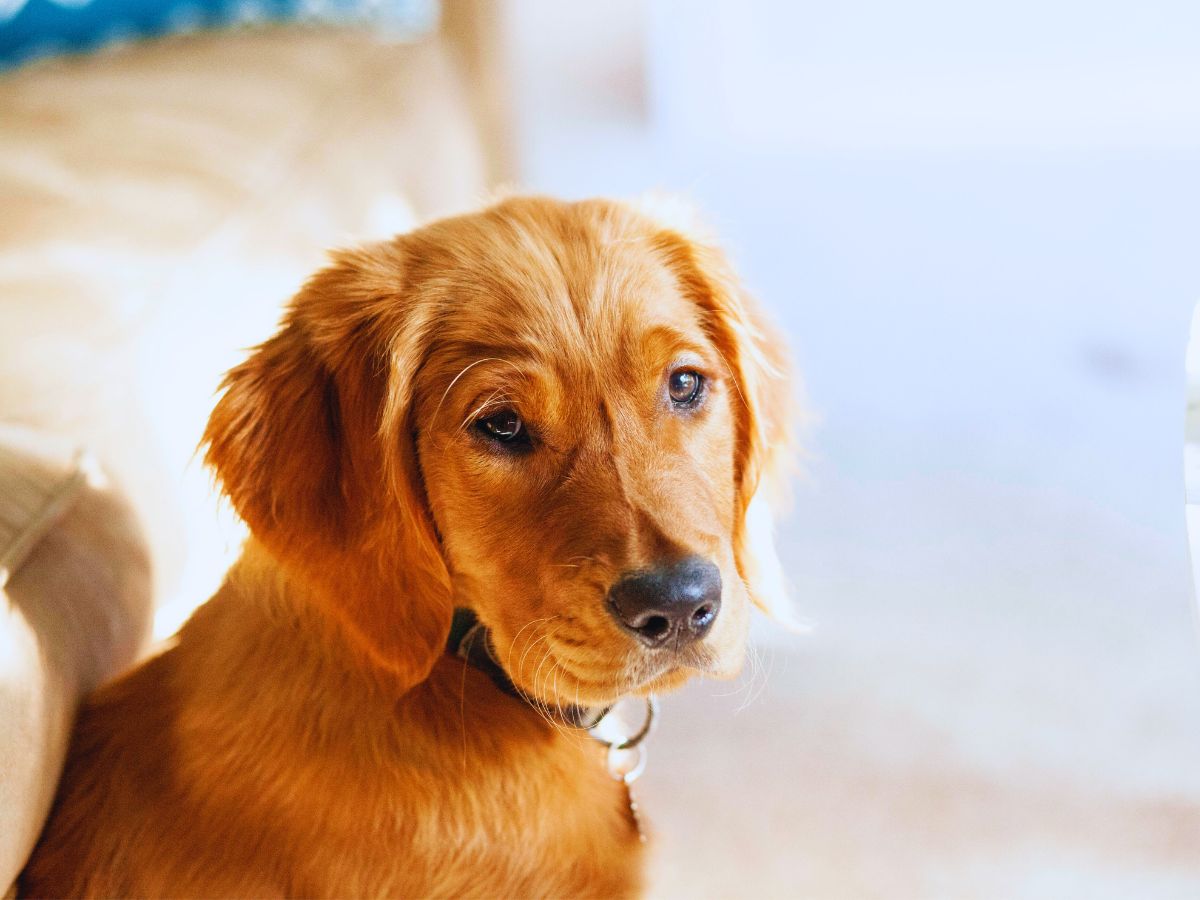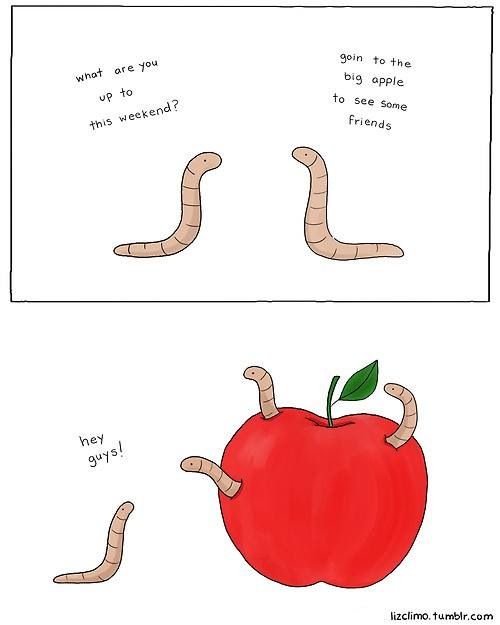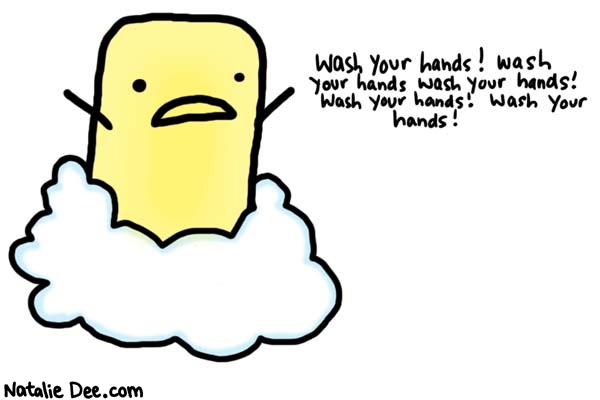Does My Dog Have Worms?
Article - 9 min read • Updated Dec 20, 2024
Medically reviewed by Dr. Arman Chen, BVSc (Qld.), BSc (Leic.)

How Do Dogs Catch Worms?
Our doggies do so much with their mouths everyday e.g. sniff another dog’s poo, eat random rubbish on the floor, lick stuff, etc. This means they can swallow worm larvae or eggs by accident.
An infested dog will pass out eggs or larvae in his poo and another dog, if he ingests the faecal material, will get it. Puppies can also get worms from their mother via the womb, or through her milk.
What Symptoms Do You Look Out For?
Because these worms wreak havoc in the gut/intestines, generally the symptoms include:
- Worms detected in poop, e.g. roundworms resemble spaghetti while tapeworm segments look like tiny rice grains
- Diarrhoea (In more severe cases, you may detect blood)
- Loss of weight
- Vomiting (In some cases, you may see worms in the vomitus)
- Licking under the tail or scooting due to itch
What Type of Worms Can Make My Dog Sick?
The four common ones which may be residing in your dog are:
- Hookworms
- Roundworms
- Tapeworms
- Whipworms
These pesky parasites can stay dormant in your dog’s body as eggs or encysted larvae for a while before developing into adult worms, e.g. roundworms. This means your dog may not show any symptoms at all.
Encysted means the larvae gets enclosed and protected in a cyst, making it impervious to deworming medication.
1. Hookworms
Adult worms look like:
Tiny and thin worms that hook onto the intestinal wall and feed on blood. You can’t really detect them in the poo.
Contracted from:
Mother’s uterus or milk or contact with larvae in poo or in soil contaminated with poo
An active infestation causes your dog to:
- Be lethargic
- Have poor stamina
- Lose weight
- Be anaemic
2. Roundworms
Adult worms look like:
Spaghetti in the poo.
Contracted from:
Mother’s uterus or milk or ingesting eggs in contaminated soil or infested dog’s poo. Roundworm eggs are hardy and can stay in the soil for years.
An active infestation causes your dog to:
- Be lethargic
- Have a swollen belly
- Grow poorly
- Lose weight
- Vomit
- Cough (if the microscopic larvae has migrated to the lungs)
3. Tapeworms
Adult worms look like:
Long and segmented body. But you will only see small segments that look like rice grains in the poo or attached to the anus and furry area below your dog’s tail.
Contracted from:
Ingesting fleas or eating stuff infested with tapeworms e.g. rodents, birds.
An active infestation causes your dog to:
- Scoot frequently because it’s itchy
- Have a swollen belly
- Lose weight
- Vomit
- Have diarrhoea
4. Whipworms
Adult worms look like:
Tiny pieces of thread with one end enlarged.
Contracted from:
Ingesting contaminated or undercooked food, water or meat.
An active infestation causes your dog to:
- Have diarrhoea (with blood in severe cases)
- Be dehydrated
- Lose weight
What Treatments Can Get Rid of Worms?
Typically oral medication prescribed by the vet or injections in some cases. Expect treatment to take some time to completely flush out the infestation and the worms in their various life stages e.g. eggs, larvae and adults.
What Can I Do To Prevent Worms?
Keeping your dog healthy and worm-free is quite easy. Just do the following:

- Go for frequent health checks at your vet or at Gaia. For adult dogs, once a year is enough and for puppies, around 2 - 3 times in the first year.
- If your dog is already affected by worms, get the right diagnosis and prescription from the vet. Avoid using over-the-counter medication or natural homemade remedies. These approaches may not be enough or effective to wipe out the worms.
- Make sure you give your dog deworming medication regularly. Go back to the vet for checks to ensure the infestation is completely cleared out of your dog’s system.
- Avoid feeding your dog a raw food diet and cook his food thoroughly to kill any worms or germs
- Put your phone away on walks. Leash and watch your dog closely, so he doesn’t eat anything he shouldn’t.
Can I Get Sick From These Worms?
Yes. Kids are especially susceptible because they tend to put stuff in their mouths and are less fastidious on maintaining good hygiene. Aside from prevention recommended above, make sure you and your family practice good hygiene when interacting with your dogs.

- Wash your hands thoroughly after picking up dog poo. If your dog poops at home, make sure the kids can’t access the designated doggy toilet area and clear the faeces regularly
- Wipe your dog’s feet clean after a walk so they don’t track soil contaminated with worm-infested poo into the house
- Don’t let your dog lick or kiss you or the kids
- Don’t share the same bed with your dog
You don’t have to be too worried about worms. The main thing here to be on top of things, trust your vet and practise good hygiene. And remember, our team at Gaia are always ready to help if you need advice specific to your pet. Just book an appointment today at 6950 4533 (Jalan Besar hospital) or 6727 7511 (Parksuites clinic).